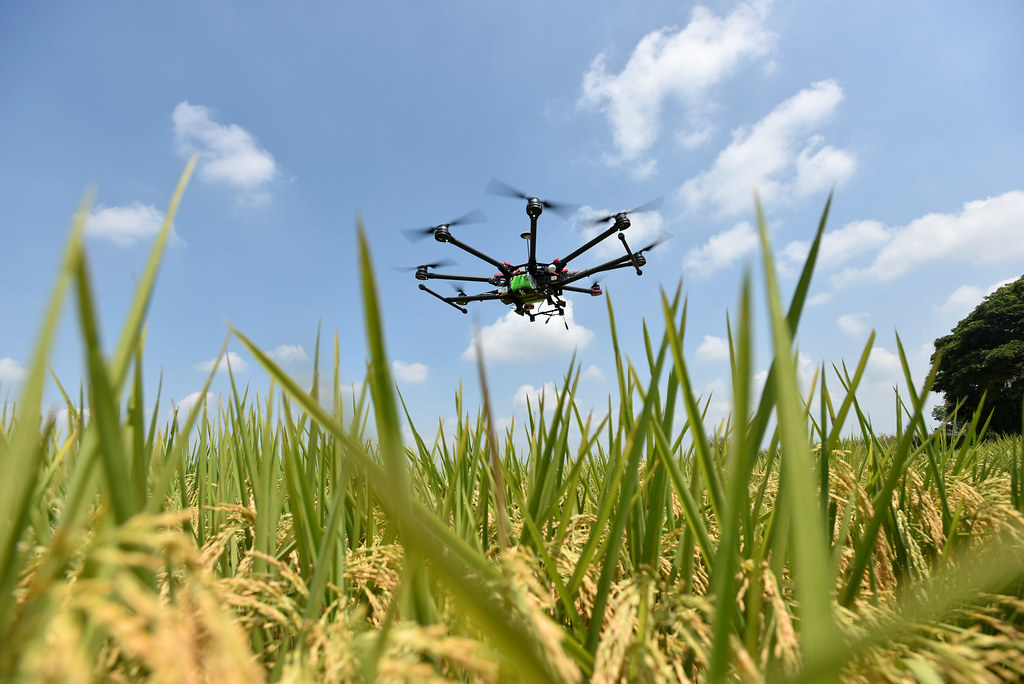-
RAAF
Contributing to the implementation of the Regional Agricultural Policy
RAAF Approach is essentially based on getting things done.
-
Thematics

Thematic areas
The implementation of the Regional Agricultural Policy (ECOWAP) is built around nine thematic areas.
-
Projects
- Renforcement des capacités pour la mise en œuvre de l’ECOWAP en Afrique de l’ouest
- At the end of PRAPS-1, which achieved significant progress in relation to most of the issues relating to animal health, sustainable management of rangelands and pastoral resources, livestock trade, and prevention and management of pastoral crises, the Wor
- Fruit flies are a major problem for the horticultural sector in West African countries. They destroy 50 to 80% of fruit production.
- The Global Climate Change Alliance Plus (GCCA+) is the second phase of an initiative of the same name launched by the European Commission in 2008
- West Africa is one of the most vulnerable regions in the world.
- Renforcement des capacités pour la mise en œuvre de l’ECOWAP en Afrique de l’ouest
- West Africa is facing three major challenges: (i) structural food and nutritional insecurity, (ii) the effects of climate change (droughts, aridity, floods, etc.), (iii) salinization and physico-chemical degradation of agricultural land.
-
News
Follow our news and events
-
Resources
Contents
More information on our work.
-
Multimedias
Interaction
Audio-visual based communication
-
Opportunities
Get Involved
- Portals
Despite its importance in the various livestock farming systems, the availability and accessibility of quality animal feed faces various constraints, including small number of suppliers, long distances between production and consumption areas, lack of insurance in the reservation system, difficulties in locating storage facilities, competition between regional demand and exports, etc. Regional market being unable to cover all needs of livestock farmers and producers, ECOWAS and its partners are combining efforts to facilitate and improve access to the feed.
The animal feed component of the interim phase of the West Africa Food Security Storage Support Project and the Research and Innovation Project for Productive, Resilient and Healthy Agropastoral Systems in West Africa (PRISMA) are pooling forces to promote the production and distribution of quality animal feed.
In the framework of PRISMA, ECOWAS and stakeholders are setting-up information and exchange platforms to improve production and distribution of quality animal feed in the beneficiary countries of Burkina Faso, Mali, and Niger. Discussions will facilitate experience sharing on feed acquisition and distribution systems, online reservation and purchase mechanisms and index insurance. They will also help to identify challenges and issues associated with the various topics discussed, and to formulate recommendations aimed at making quality animal feed accessible to livestock farmers during lean seasons.
Animal feed plays a vital role in the various livestock farming systems in West Africa. It supplements pasture during the lean season. Their availability makes it possible to secure core breeding stock in times of crisis, intensify production of dairy herds, improve body condition of fattening animals, and limit large-scale herd movements, particularly cross-border movements.
Currently, there is a wide range of livestock feeds on the market, from coarse feeds to concentrated feeds supplied in various countries by a variety of players. Industrial production channels involve raw material producers (cotton ginning plants, for example), processors, wholesalers, semi-wholesalers, and retailers. Traditional production channels (such as coarse grain or rice bran collected from households or from women processors) involve collectors, resellers, semi-wholesalers, and retailers. The other part of the supply chain is made up of institutional market players responsible for acquiring feed, transporting it to feed banks for storage, state quality control players, and farmers' organisations responsible for final reception and distribution to beneficiaries according to a distribution schedule that considers various parameters including targeting criteria, distribution sites and locations, quantities to be distributed, and number of beneficiary households.
Alongside ongoing initiatives, ECOWAS will continue to support (i) management committees in mastering feed bank management tools, (ii) producer organisations in expressing needs, (iii) grouped orders, (iv) coverage of costs related to supply process, including monitoring and controls, (v) capacity building in transport, storage, and distribution, etc. ECOWAS efforts will soon be further materialised with the operationalisation of the feed component of the Regional Food Security Reserve.

